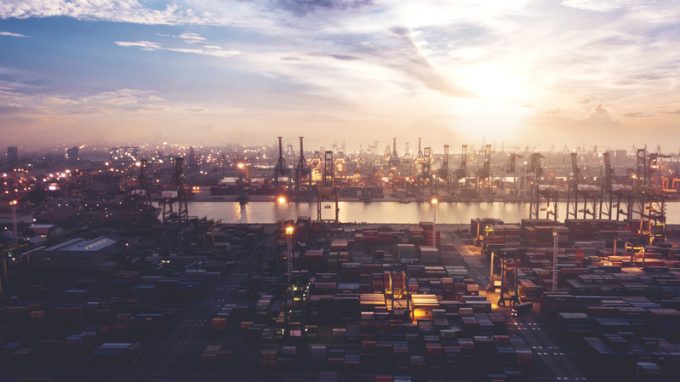Australia's massive train wreck
No beginning and no end

Taiwan International Ports Corp (TIPC) and South Korea’s Busan Port Authority (BPA) are to jointly invest in container handling infrastructure in Indonesia to tap into its emerging market and younger workforce.
The two port authorities, through their Indonesian subsidiaries, PT Formosa Sejati Logistics (TIPC) and PT Probbolingo Logistic Center (BPA) signed an agreement last week to develop container terminals, container yards and warehouses.
The agreement also states that Taiwanese and South Korean enterprises will receive improved logistics services in Indonesia.
The booming e-commerce ...
Asia-USEC shippers to lose 42% capacity in a surge of blanked sailings
USTR fees will lead to 'complete destabilisation' of container shipping alliances
Outlook for container shipping 'more uncertain now than at the onset of Covid'
New USTR port fees threaten shipping and global supply chains, says Cosco
Transpac container service closures mount
DHL Express suspends non-de minimis B2C parcels to US consumers
Zim ordered to pay Samsung $3.7m for 'wrongful' D&D charges
Flexport lawsuit an 'undifferentiated mass of gibberish', claims Freightmate
Uncertainty over US tariffs sparks interest in bonded warehouses for imports
Cancelled voyages take the sting out of spot rate declines this week
Shippers warned: don't under-value US exports to avoid tariffs – 'CBP will catch you'
Blanked sailings in response to falling demand 'just a stop-gap solution'


Comment on this article